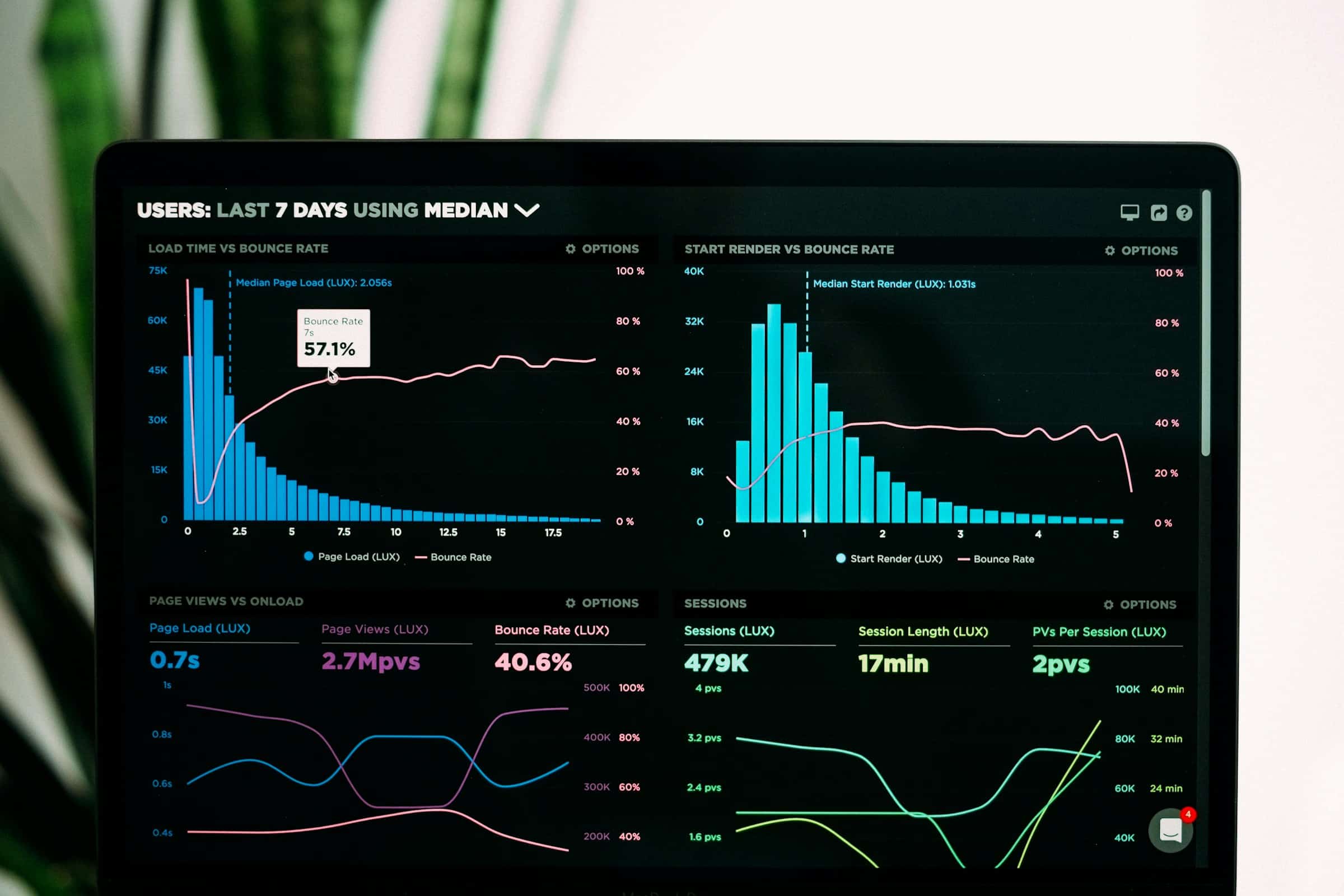What Are the Ethical Considerations of Using Biometric Data in UK Workplaces?

As we continue to traverse the fast-evolving landscape of technology, the use of biometrics in workplaces across the UK is becoming increasingly commonplace. Employers are turning to biometric data to bolster security, streamline operations, and efficiently manage their workforce. But while the benefits may be plenty, it’s essential to understand that the use of such technology also raises a myriad of ethical issues and concerns. Central to these are the issues of privacy, protection, and the rights of individuals. This article examines these concerns, offering a comprehensive look into the ethical considerations of using biometric data in the workplace.
The Intersection of Biometrics and Privacy
As you incorporate biometrics into your workplace, the first ethical consideration that will come into play is privacy. Biometric systems leverage unique physical or behavioural attributes of individuals, such as fingerprints, iris patterns, and facial recognition. Consequently, these systems collect, process, and store highly sensitive personal data.
In the same genre : What Strategies Can UK Independent Musicians Employ to Navigate Streaming Revenue?
However, privacy isn’t just about the collection of data. It also involves how this data is stored, processed, and secured. Are you, as an employer, ensuring that your employees’ biometric data is stored securely and only accessible to those who need it? Are the proper protections in place to prevent unauthorized access or data breaches? If these concerns are not adequately addressed, employees’ rights to privacy can be easily compromised.
Balancing Security and Individual Rights
The use of biometrics can significantly enhance security in the workplace. From restricting access to sensitive areas to preventing identity theft, biometrics can provide a high level of protection that traditional security systems may not offer. However, the introduction of such a technology can potentially infringe upon the rights of employees.
Also read : How Can 3D Printing Revolutionize Custom Manufacturing for UK Small Businesses?
While employers have a lawful interest in securing their premises and protecting their assets, it’s crucial to balance this with the human rights of employees. The law stipulates that any form of data processing must be necessary and proportionate. In other words, the security benefits derived from the use of biometrics must not outweigh the potential harm to an individual’s rights and freedoms.
The Role of Law Enforcement Agencies
Biometric data doesn’t just stay within the confines of your company. There might be situations where law enforcement agencies will request access to this data. For example, the police may ask for facial recognition data as part of an ongoing investigation. While cooperating with such requests may be seen as a civic duty, it’s also a potential minefield of ethical and legal implications.
The release of such data to law enforcement agencies opens up a myriad of questions. How will they use this data? Will it be stored securely and disposed of once it’s no longer needed? It’s paramount to remember that giving police or other enforcement agencies access to your employees’ biometric data can have significant impacts on privacy rights and civil liberties.
The Government’s Role in Regulating Biometrics
As the use of biometrics becomes more prevalent, the role of the government in regulating this technology becomes increasingly important. The UK government has a responsibility to ensure that the use of biometric data in workplaces is done in a manner that respects privacy, protects individuals, and upholds human rights.
To this end, the UK government has put in place several laws and guidelines to regulate the use of biometrics. For instance, the Data Protection Act 2018, the General Data Protection Regulation (GDPR), and the Human Rights Act 1998 all have provisions that apply to the use of biometric data in the workplace. It’s crucial for employers to understand these regulations and ensure they’re observing them in their use of biometrics.
The Ethical Responsibility of Employers
In conclusion, as an employer, you have an ethical responsibility when it comes to the use of biometric data. This goes beyond just complying with the law. You must also consider the impact of your actions on your employees’ privacy, their rights, and their overall well-being.
You need to ensure that your use of biometrics is transparent, that your employees are aware of why and how their data is being used, and that they have given informed consent for its use. It’s also crucial to have robust policies and procedures in place to protect this data and to handle any requests from law enforcement agencies appropriately.
The use of biometrics in the workplace can offer many benefits, but it’s critical to navigate this complex terrain with a keen awareness of the ethical considerations involved. By doing so, you can strike a balance between leveraging technology for business efficiency and respecting the rights and privacy of your employees.
The Impact of Artificial Intelligence on Biometric Systems
With artificial intelligence playing an increasingly significant role in the development and application of biometric systems, it’s essential to examine how this influences ethical considerations. AI enhances biometric systems by improving their accuracy and performance. However, as these systems become more sophisticated, the risk associated with potential misuse of the data they capture increases.
When AI is applied to biometric data, it can offer incredible insights into people’s habits, preferences and behaviours. This can range from identifying patterns in employees’ work habits to predicting their future performance. But here lies the ethical dilemma: just because we have the capacity to collect and analyse this personal data, does that mean we should?
Here, the concept of data minimisation becomes crucial. This principle of the General Data Protection Regulation (GDPR) suggests that only the minimal amount of data required to fulfil a specific purpose should be collected and processed; anything beyond that intrudes on an individual’s privacy rights. As such, employers have a moral obligation to ensure that they are not collecting unnecessary data and that all biometric data collection is justified and transparent.
Moreover, AI-powered biometric systems can potentially lead to discriminatory practices. For instance, biased algorithms could result in unfair treatment based on race, gender, or age. Therefore, it is crucial for companies to ensure the unbiased and fair use of AI in their biometric systems.
Managing Biometric Data in the Private Sector
Private sector organisations are increasingly leveraging biometric technologies to enhance their operations. Whether it’s to improve security, streamline sign-in processes, or monitor workers’ performance, the use of biometric data is on the rise. This trend emphasises the need for effective management of biometric data within these organisations.
Firstly, companies must ensure they have the necessary infrastructure to securely store and process biometric data. This involves implementing robust security measures to protect against data breaches and unauthorised access. Companies also need to have clear strategies for how they will respond in the event of a data breach.
Secondly, employers must respect the rights of their employees. This means ensuring that employees are fully informed about how their biometric data will be used and providing them with the option to opt-out. Informed and voluntary consent is a key aspect of the ethical use of biometric data.
Lastly, businesses should consider establishing an advisory group. This group could be responsible for overseeing the use of biometric data, ensuring that it complies with ethical guidelines and legal requirements, and addressing any concerns or complaints from employees.
Conclusion: Navigating the Biometric Landscape Ethically
In sum, the use of biometric data in UK workplaces brings immense benefits, but these need to be carefully balanced against the potential ethical implications. As we continue to navigate this landscape, the key principles we should adhere to are respect for individuals’ privacy rights, protection of personal data, and a commitment to transparency and fairness.
Employers must take on the responsibility of not only complying with laws like the GDPR and the Human Rights Act but also exceeding them by considering the broader ethical implications. This includes ensuring the secure and justified use of biometrics, being transparent with employees about their data use, allowing options for consent, and being cautious with requests from law enforcement.
In the age of advanced recognition technology and AI, it is more critical than ever to approach the use of biometric data with an ethical mindset. Indeed, achieving the right balance between technology and ethics will be the cornerstone of successfully integrating biometric systems into our workplaces, while respecting the rights and privacy of UK employees.
